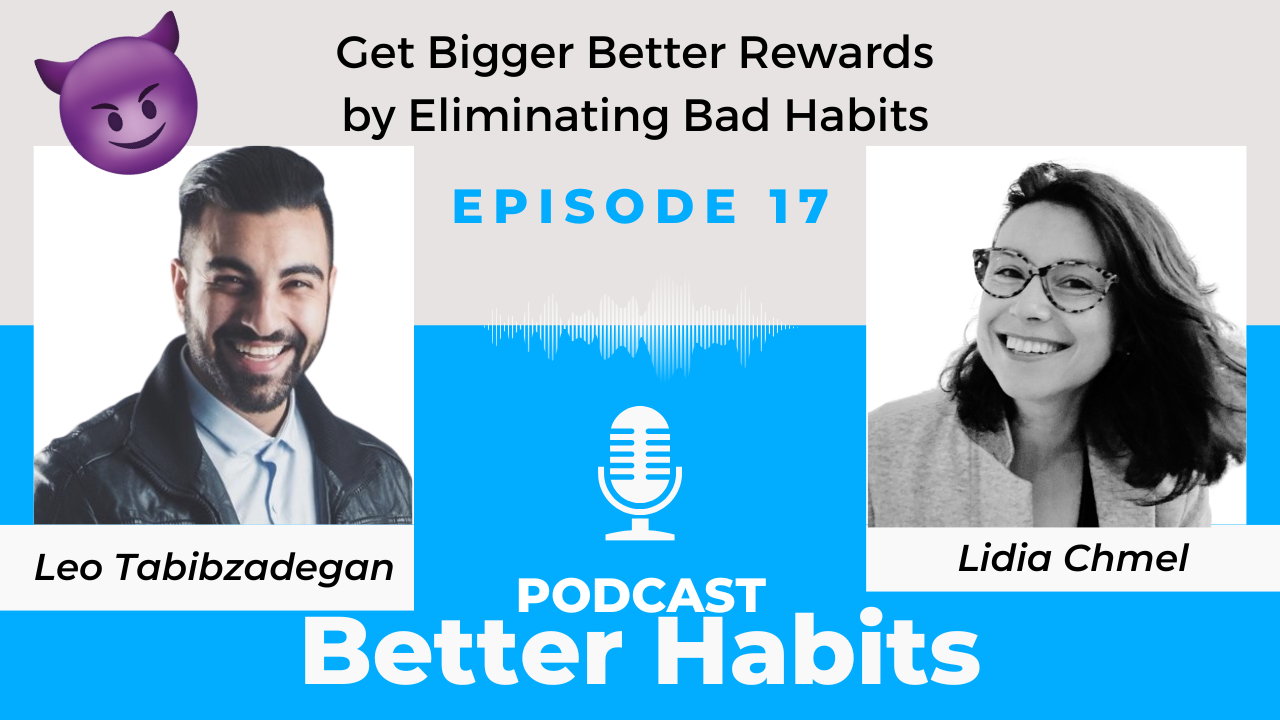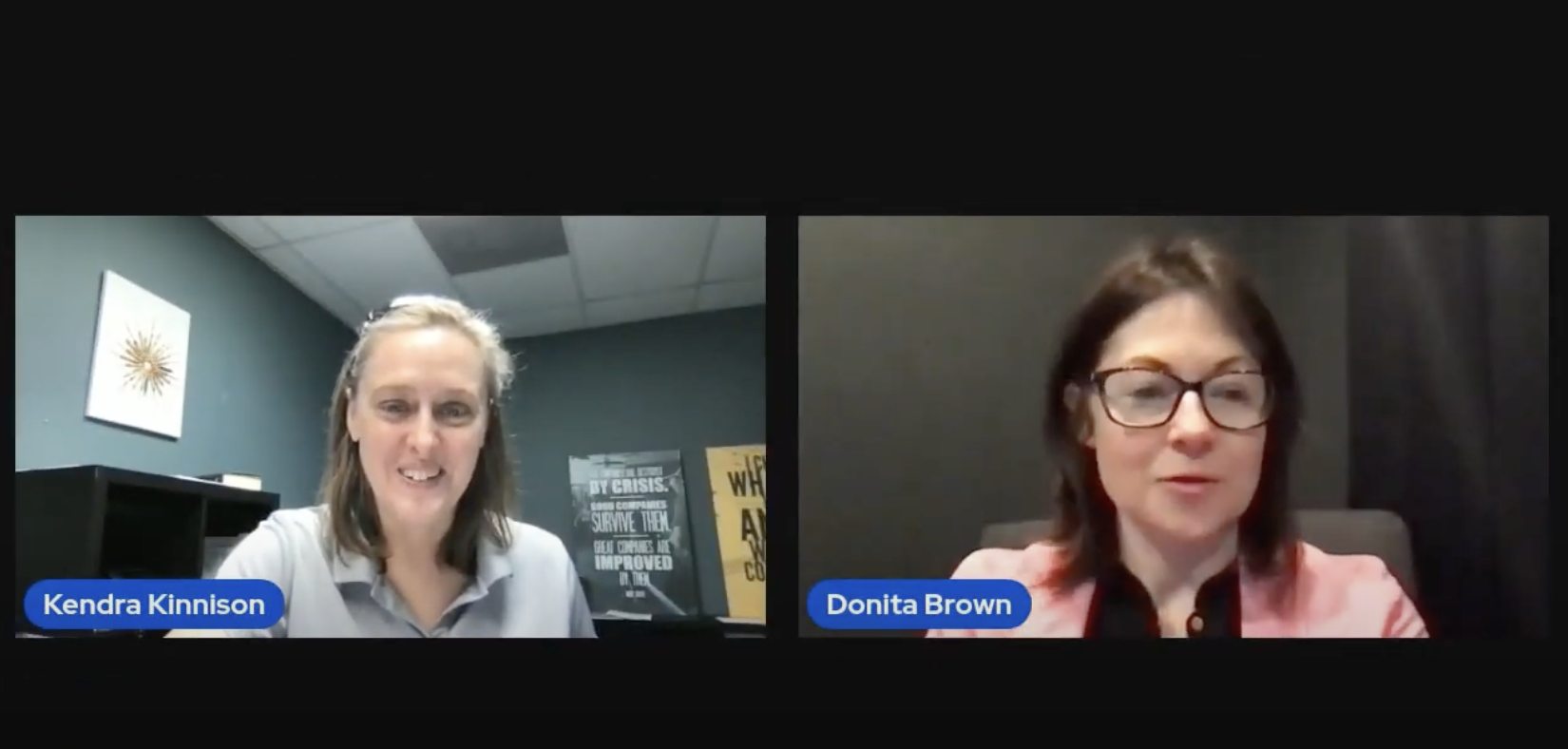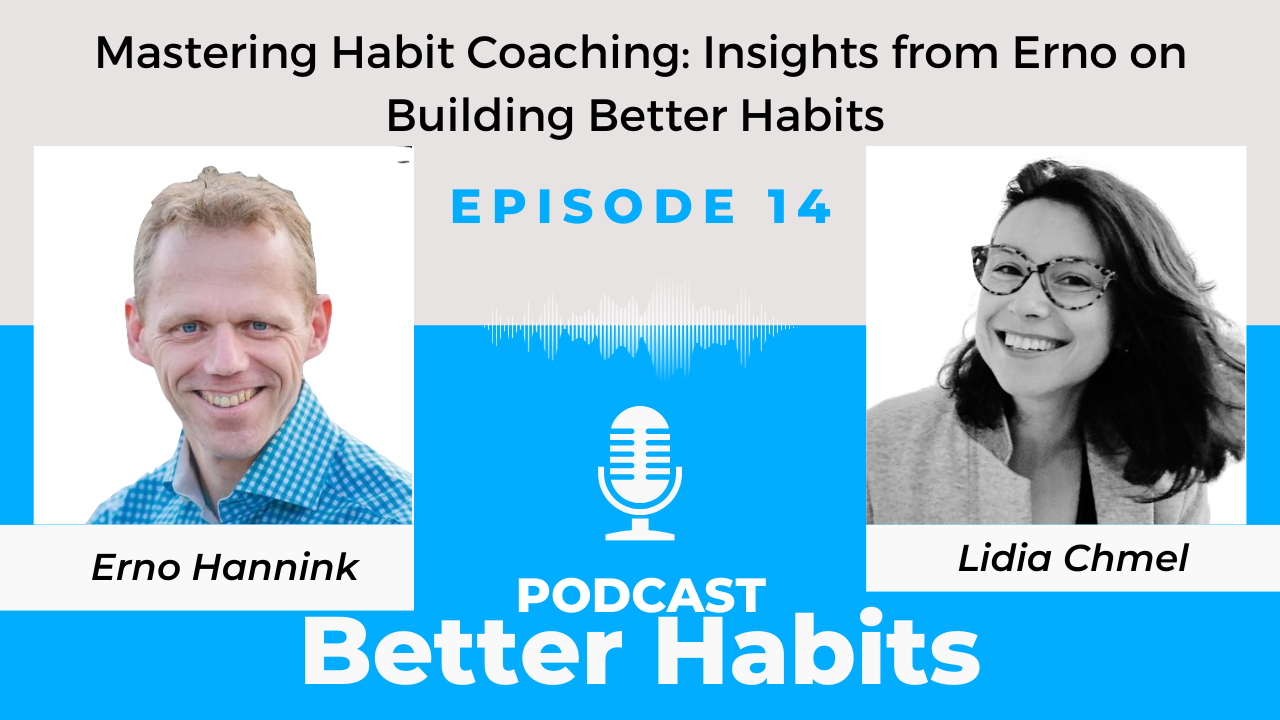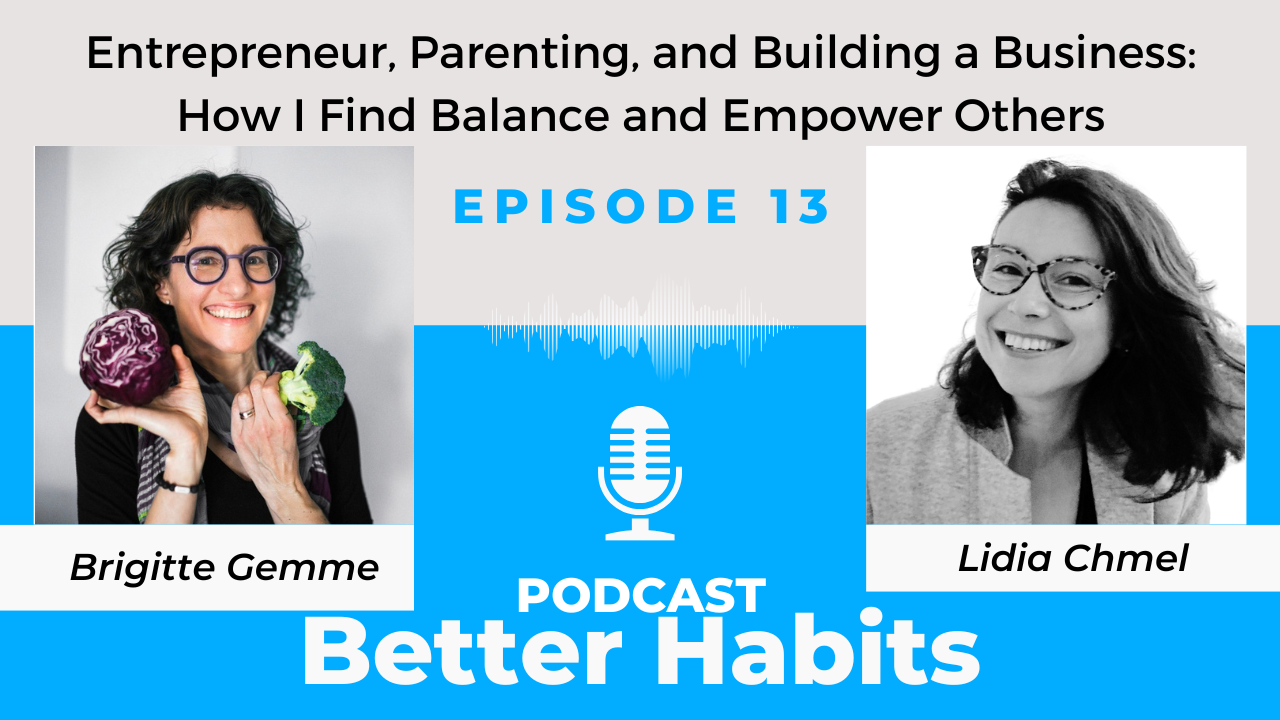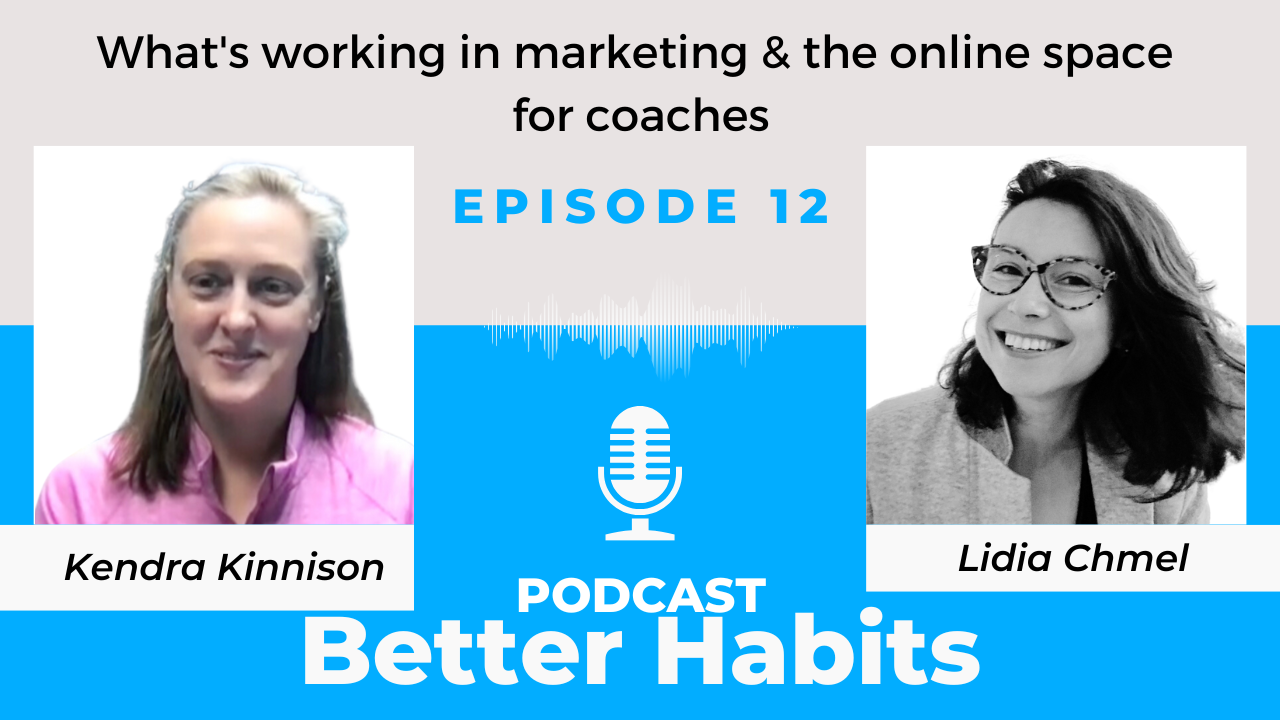This is a collection of helpful SEO tutorials for coaches.
In the guides below, you’ll learn how to:
- Master the basics of SEO quickly and easily.
- Write content that people are looking for.
- Get free and targeted traffic to your website.
- And lots more.
Feel free to skip around and check out the SEO tutorials most relevant to your business.
Let’s get to it.
Contents: SEO Tutorials for Coaches
- Learn the SEO Basics
- Use the Right Keywords
- Get Onto the First Page of Google
- Apply Simple SEO to Your Writing
- Find Keywords You Can Rank For Immediately
- Utilize the Best Free SEO Tools
- Improve Your Website Ranking
- Boost Your SEO with Short Stories
- Don’t Overdo It
- Prepare for the Future of SEO
1. Learn the SEO Basics
SEO can seem complicated, overwhelming, and not worth the effort. But it really quite simple. Or at least the basics are.
And since most people don’t bother learning any SEO at all, you often only need to understand the basics to succeed. In this chapter, you’ll learn everything you need to know to start getting significant results.
Many topics have competitive, well-funded competitors vying for SEO dominance. But this is not true in coaching. Basic SEO competence can do a lot for any coach, including you.
In this article, you’ll learn everything you need to know to start getting significant results.
Quote from the article:
This article is far from an exhaustive guide and is meant only as an introduction to SEO.
If you’re new to it, you’ll definitely learn how to get started.
If you already know about SEO, no matter your level, this guide will remind you of the basic principles behind it.
2. Use the Right Keywords
When you choose the keywords for your content, think about what problem you solve instead of what service you provide.
If you’re a productivity coach, the phrase “how can I be more productive” is a much better candidate than “productivity coaching.”
Speak the same language as your visitors, and they’ll be much more likely to find you.
Quote from the article:
Since Google is in the business of providing great search results, there is still some room there to get what’s called organic traffic.
Choose the right keyword combinations, and you can attract people to your content without doing much else.
3. Get Onto the First Page of Google
Research shows that 75 percent of people never scroll past the first page of a Google search.
So, if you want a lot of clicks and traffic, that’s where you need to show up.
The question, of course, is how do you get onto the first page of Google?
And the answer is that you need to write excellent content on topics where you have personal experience.
Quote from the article:
If you want to write a post that ranks on Google’s first page, the place to start is with knowing the keyword people are searching for that you’re qualified (by experience) to write about.
Then you move to the next step: understanding what people really want to see or hear when they open an article with that keyword.
4. Apply Simple SEO to Your Writing
If you write a lot of articles, you can benefit significantly from a few simple SEO tactics.
As you apply them to piece after piece, your traffic will grow more and more.
And it doesn’t have to be complicated or time-consuming.
Simply choose a good keyword, put it in the right places, and repeat.
In this tutorial, you’ll learn how to do that on Medium.com, but the tactics are equally valid on any other writing platform.
Quote from the article:
You’re not going to do any keyword stuffing here, by the way.
I mean it. Don’t shove as many keywords as possible into your title. Don’t use your keyword a second time in your subtitle.
Just use it in your title, once, and make it read naturally. You can do it. I have faith in you.
5. Find Keywords You Can Rank For Immediately
SEO tends to be a long-term game. You put in the effort now, and usually see results month or even years later.
But are there keywords you can start to rank for in a matter of days.
These are “long-tail” keywords that are very specific and often several words long.
And the best way to find them is by using the “Keyword Golden Ratio” (KGR).
Quote from the article:
Using the KGR rule to look for keywords that we want to target in our post is one way to get our keywords ranked easily and to find out what we should write about.
The important takeaway is that we should be targeting keywords that aren’t too competitive.
The KGR rule is one of the ways to do that.
6. Utilize the Best Free SEO Tools
There are tons of tools you can use to generate content ideas, find keywords, and track your SEO efforts.
Many of them are quite pricey, but there are great alternatives that don’t cost anything.
In this article, you’ll discover 16 free tools to add to your SEO toolbox.
The more of them you use, the more you’ll improve every aspect of your SEO.
Quote from the article:
SEO typically falls into three stages: brainstorming and ideation, research and validation, and writing and promotion.
Each stage has at least two tools associated with it, although some tools are useful throughout the entire process.
7. Improve Your Website Ranking
Google reportedly uses over 200 ranking factors in their algorithm.
Some of them are proven, some are controversial, and some are pure speculation.
So, it’s impossible to know exactly what makes some websites rank higher than others.
But in this article, you’ll learn the most critical aspects of getting to the top of Google’s search results.
Quote from the article:
In order to succeed longterm at SEO content marketing, you must be able to adapt to morphing Google algorithms and evolving technology.
It’s a fast-paced field and it waits for no one.
Follow these SEO tips and you’ll be sure to stay ahead of the curve.
8. Boost Your SEO with Short Stories
Conventional SEO wisdom says that content needs to be comprehensive to rank well.
But it turns out that shorter articles can sometimes outrank longer ones.
People like all kinds of content as long as it’s useful to them.
So, if you feel so inspired, try sharing your insights through short stories.
It will save you a lot of time, and might just get you the same — or even better — results.
Quote from the article:
The real question shouldn’t be: What single piece of content can have the best impact on my SEO?
Instead, it should be: What tasks can give me the maximum SEO-reward for minimum effort?
It turns out that short stories are great for that purpose.
They’re easier to create and, if combined with a proper distribution channel, they can actually supercharge your SEO.
9. Don’t Overdo It
As you immerse yourself in SEO, it’s important to keep your readers in mind.
If you concentrate too much on SEO, your writing will come off as dry, boring, and contrived.
So, always focus on excellent content first and optimizations second.
If you do, people will share your work, and the search engines will take notice.
Quote from the article:
The key to SEO is realizing that good SEO means striking a good balance between SEO strategies and content.
When you try to SEO your articles too hard, you end up ruining your content.
When you think an article won’t go viral because you didn’t SEO for keyword terms, it ends up going viral.
10. Prepare for the Future of SEO
New technologies are continuously emerging, and search engine algorithms are regularly getting updated.
As a result, SEO is always changing.
Luckily, the fundamental “best practices” tend to remain the same.
So, when you understand the SEO basics, you have a great starting point.
But to get the keep getting the most out of your efforts, it’s important to know about the upcoming trends.
Quote from the article:
Having a base-level knowledge of what’s going on behind the scenes provides much deeper insight than simply reading about “best practices.”
With today’s technologies, the goal of every search result is apparent: To deliver the most relevant, useful content to answer the search query.
SEO Tutorials for Coaches, Quick Links
- Learn the SEO Basics
- Use the Right Keywords
- Get Onto the First Page of Google
- Apply Simple SEO to Your Writing
- Find Keywords You Can Rank For Immediately
- Utilize the Best Free SEO Tools
- Improve Your Website Ranking
- Boost Your SEO with Short Stories
- Don’t Overdo It
- Prepare for the Future of SEO
Did You Like These SEO Tutorials?
Check out our tutorials on Instagram, Facebook, LinkedIn, Twitter, and email marketing, as well!

